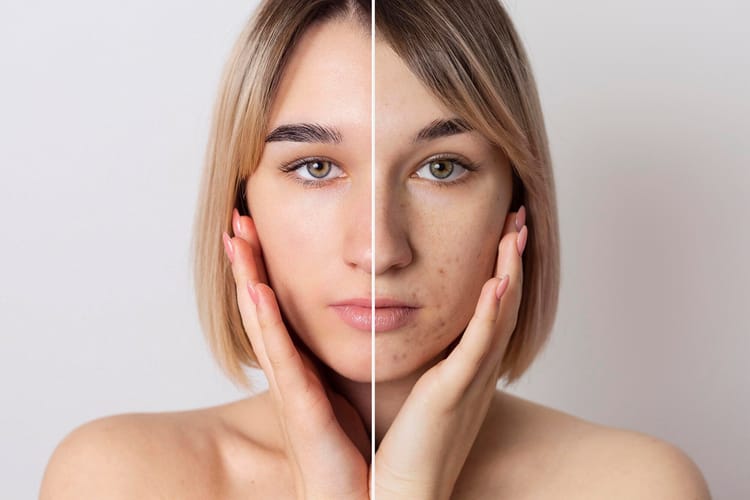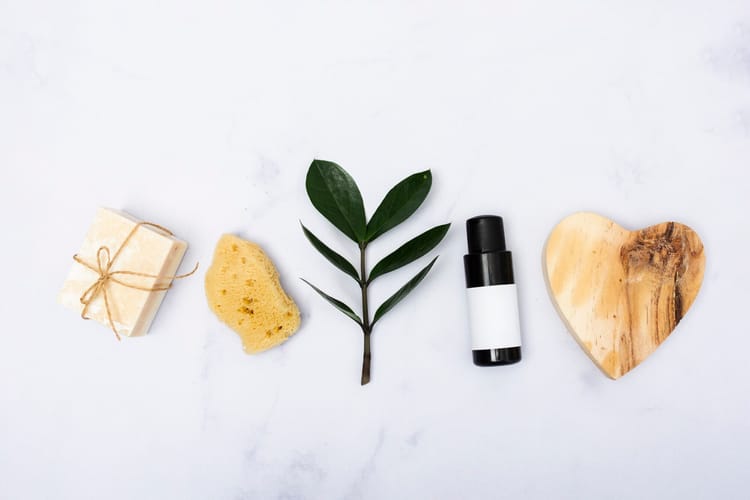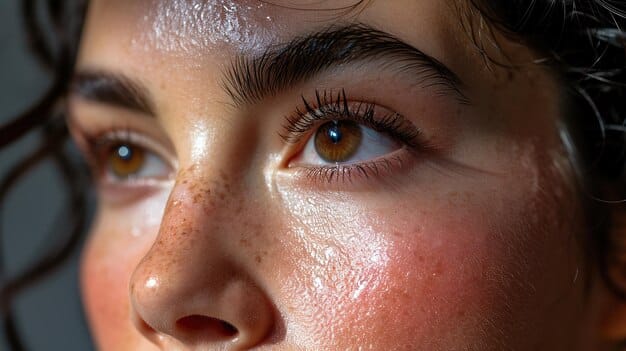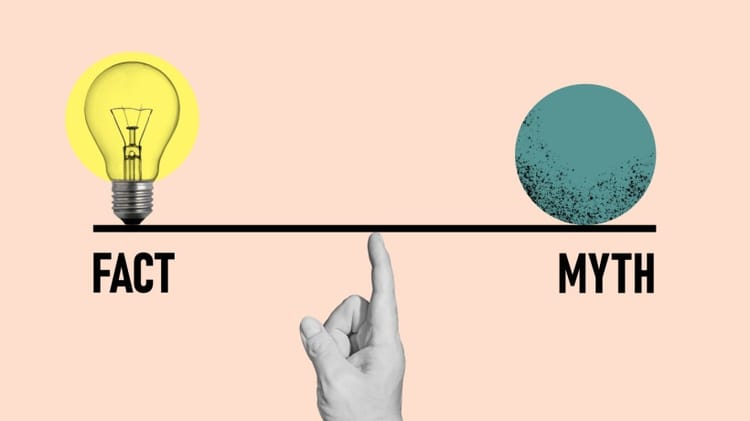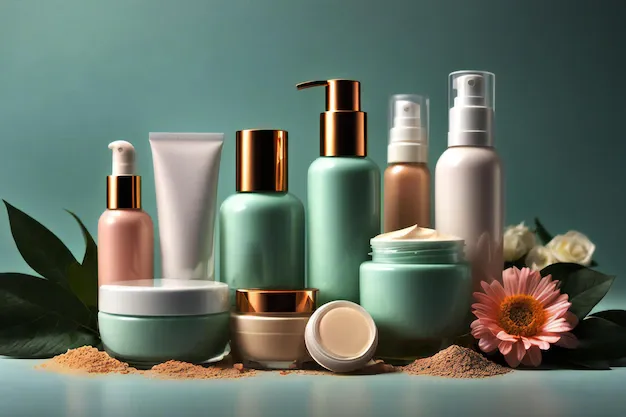🇲🇦🔥ᴛʜᴇ ʙᴇᴀᴜᴛʏ ᴛʀᴀᴅɪᴛɪᴏɴꜱ ᴏꜰ ᴍᴏʀᴏᴄᴄᴏ: 10 ᴘʀᴏᴅᴜᴄᴛꜱ ᴛᴏ ᴛʀʏ🔥 !
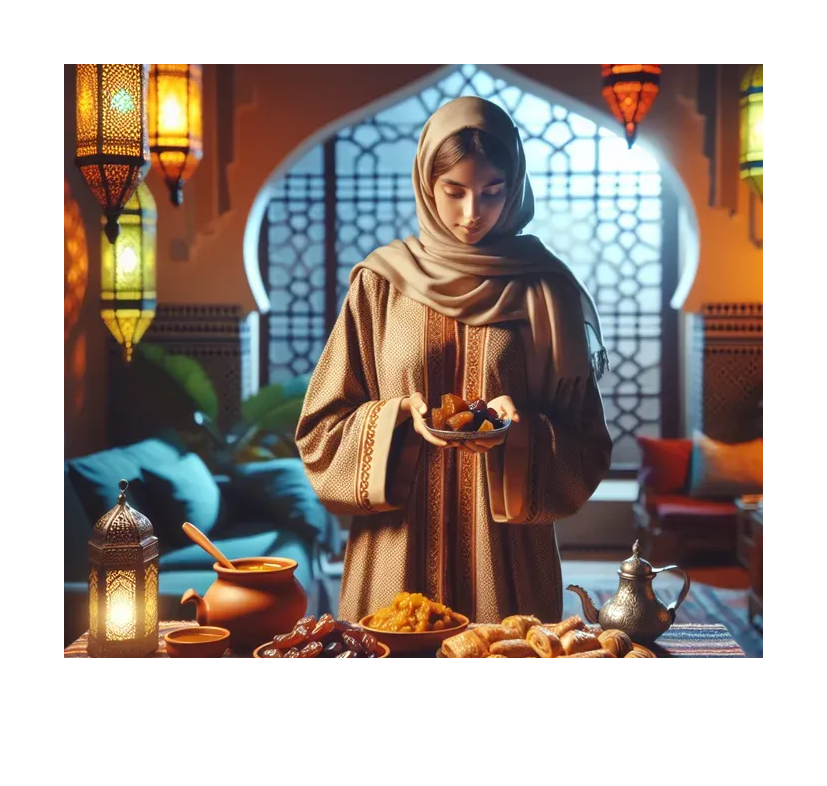
Morocco, a nation steeped in culture and history, is celebrated for its distinctive beauty traditions that have been handed down through the ages. The Moroccan perspective on beauty highlights the importance of natural ingredients, holistic methods, and the application of age-old techniques.
Below are eight traditional Moroccan beauty products worth incorporating into your beauty regimen.
1. Argan Oil

Commonly known as "liquid gold," argan oil is derived from the nuts of the argan tree, which is indigenous to Morocco. This multifunctional oil is abundant in essential fatty acids, antioxidants, and vitamin E, making it an outstanding moisturizer for both skin and hair. It can effectively hydrate dry skin, control frizz, and serve as a nourishing treatment for nails.
2. Rasul Clay

Rasul clay, also known as Ghassoul, is a mineral-dense clay obtained from the Atlas Mountains. It has been traditionally utilized in Moroccan hammams (steam baths) for its cleansing and detoxifying benefits. This clay can be combined with water or other natural components to formulate a face mask or body scrub, effectively eliminating impurities and excess oil.
3. Rose Water

Rose water has been a staple in Moroccan beauty rituals for centuries. Known for its soothing and hydrating properties, it is often used as a toner or facial mist. The delicate scent of rose water also provides a calming effect, making it a perfect addition to your skincare routine.
4. Black Soap (Beldi Soap)

Moroccan black soap is a natural exfoliant made from olive oil and crushed olives. It is typically used in hammams to prepare the skin for exfoliation. When applied, it softens the skin and helps remove dead skin cells, leaving the skin feeling smooth and rejuvenated.
5. Kohl

Kohl is a classic eye cosmetic composed of powdered antimony. In Morocco, it serves not only as a beauty enhancer but also offers protective benefits against dust and sunlight. The application of kohl accentuates the natural beauty of the eyes and adds a striking element to any appearance.
6. Henna

Henna is a natural dye derived from the leaves of the henna plant. In Moroccan culture, it is commonly used for body art and hair coloring. Henna not only imparts a beautiful reddish-brown hue but also conditions the hair and promotes scalp health.
7. Prickly Pear Seed Oil

also known as Barbary fig oil. This oil is indeed extracted from the seeds of the prickly pear fruit and is renowned for its rich content of vitamin E and essential fatty acids. Its anti-aging properties make it a popular choice in skincare, as it helps to hydrate, brighten, and improve the overall appearance of the skin. It can be effectively used by adding a few drops to your moisturizer or applied directly as a standalone treatment for enhanced skin benefits.
8. Cactus Flower Extract

The cactus flower, or "sabra," is known for its hydrating properties. Extracts from this flower are often incorporated into skincare products to provide moisture and soothe irritated skin. It’s particularly beneficial for those with dry or sensitive skin types.
9- AKKAR FESI

The use of red clay, known as "akar fesi," in Moroccan culture is a fascinating example of the intersection between natural resources and traditional beauty practices. This vibrant red pigment, derived from the rich clay found in the Fez region of Morocco, has been utilized for centuries by Moroccan women to adorn their lips, symbolizing both beauty and cultural identity.
10-tabrima

Tabirima, a traditional herbal blend used by Moroccan women, reflects Morocco's cultural heritage and natural wellness practices. Comprising herbs like rosemary, thyme, and lavender, it promotes skin cleansing and rejuvenation while enhancing mental clarity. Its communal preparation fosters connections among women, preserving cultural knowledge and emphasizing holistic self-care.
Conclusion :

Moroccan beauty traditions present a wealth of natural products that can enrich your beauty routine while linking you to the region's vibrant cultural heritage. By integrating these eight products into your regimen, you can enjoy the advantages of age-old practices that honor the beauty found in nature.

